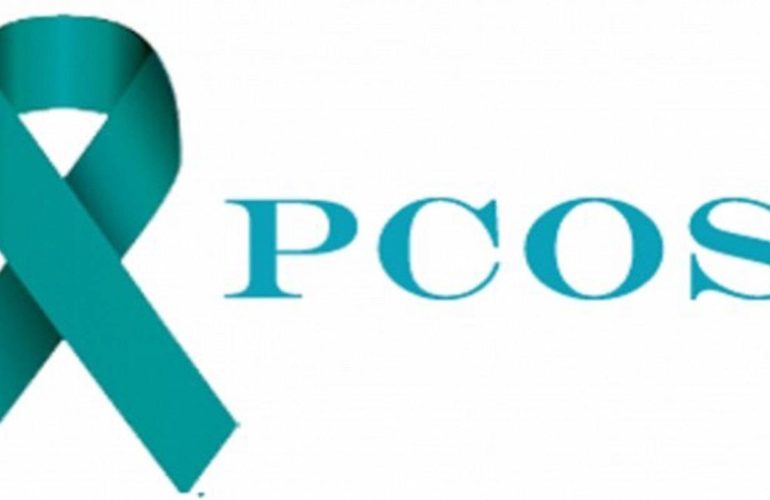All about PCOS / PCOD
Polycystic ovary syndrome or PCOS is a condition which affects a women’s hormone levels. Women with PCOS produce higher than normal amounts of male hormones. PCOD or polycystic ovary disorder is when the disorder is limited to your ovaries. When this disorder starts affecting your entire body, it is called PCOS. This hormonal imbalance causes the women to skip menstrual periods and makes it harder for them to get pregnant. PCOS can also cause hair growth on the face and body and baldness. It can also contribute to long term health problems like diabetes and heart disease. It is vital to diagnose the symptoms at the early stage and take preventive measures.
What is PCOS ?
PCOS is a problem with hormones that affects women during their childbearing years that is from ages 16 to 45 years. Almost 25% of women in this age group have PCOS. Many women who have PCOS don’t know that they have it.
- PCOS affects a women’s ovaries. The ovaries release eggs to be fertilised. This process is called ovulation.
- Follicle stimulating hormone (FSH) and Luteinising hormone (LH) control ovulation. FSH stimulates the ovary to produce a follicle (sac containing egg) and then LH triggers the ovary to release a mature egg
- PCOS is a syndrome that affects the ovaries and ovulation. It’s main features include
- Cysts in ovaries
- High levels of male hormones
- Irregular periods
- Many small fluid filled sacs grow inside ovaries. These sacs are actually follicles each containing an immature egg. These eggs never mature enough to trigger ovulation
- This lack of ovulation alters levels of estrogen, FSH, LH
- Extra male hormones disrupt the menstrual cycle so women with PCOS get fewer periods than usual
What causes it?
- Genes
- Studies show that PCOS may run in families
- It’s likely that many genes contribute to the condition
- Insulin resistance
- When cells can’t use insulin properly, the body’s demand for insulin increases. Extra insulin triggers the ovaries to produce more male hormones
- Obesity
- Obesity is a major cause of insulin resistance, which ultimately causes PCOS
- Inflammation
- Inflammation have links to higher androgen levels
Common symptoms of PCOS
- Irregular periods
- Heavy bleeding during periods
- Excess hair growth on face and body
- Acne due to the excess male hormone
- Weight : Women with PCOS are often overweight or obese
- Male pattern baldness
- Skin darkening
- Regular headaches

How PCOS affects your body ?
Having higher than normal androgen levels can affect your fertility and other aspects of your health. It can lead to the following issues :-
- Infertility
- Overweight or obesity
- Repeated pauses in breathing during the night, which interrupt sleep
- Increased risk of endometrial cancer
- Depression
PCOS diagnosis
- Doctors typically diagnose PCOS in women having two of these three symptoms
- High androgen levels
- Irregular menstrual cycles
- Cysts in ovaries
- Apart from this, pelvic exam, blood tests and ultrasound are used to look for abnormal follicles and other problems with ovaries and uterus
- PCOS can also increase the risk for pregnancy complications
Changes you need to make to treat PCOS
- Lifestyle changes like weight loss, diet and exercise are very essential for treatment of PCOS
- Losing just 5 to 10 % of body weight can help regulate you menstrual cycle
- Weight loss can also improve cholesterol levels, lower insulin, reduce heart diseases and diabetes risk
- Low carbs diets are effective for both weight loss and lowering insulin levels
- 30 minutes of low or moderate intensity exercise at least three days a week can help women with PCOS to lose weight
- Sticking to a healthy diet is very beneficial for women with PCOS issues
- Avoid processed food, fast food and eating at odd hours
- Get adequate sleep
- Stress is one of the biggest reasons for PCOS to escalate. Try and stay positive and do not take any unwarranted stress
- Get rid of toxic people around you. Staying positive and happy will help you to a large extent with PCOS
Common medical treatment
- Birth control
- Taking estrogen and progestin dialy can restore normal hormonal balance
- These will also regulate ovulation, relieve symptoms like excess hair growth and protect against endometrial cancer
- Metformin and Clomiphene are two commonly used drugs to assist with PCOS
Excessive cramps, pain in the pelvic area, mood swings, depression and irritation are some of the very early signs of PCOS. It is imperative that PCOS is diagnosed early and adequate measures are timely taken. Making positive lifestyle changes, eating healthy, regular exercise and staying happy go a long way in reducing and controlling PCOS.

Please share your no. I want to take your appointment …. I am badly suffering from pcod or pcos. From last 8-9 years… I have seen your video on pcod , pcos on YouTube
Mam am suffering from pcod last 10 years bahut sari pills li hai weight v gain ho geya kindly help me mam given diet chart I talk with you mam